|
Every year, thousands of people come to the US seeking safety from persecution in their home countries. But now thousands are delayed in Mexican border towns like Tijuana and Nogales, waiting for as long as four months for their chance to enter the U.S. Shelters are overcrowded and civil society organizations are struggling to organize hopeful asylees. Some people have reportedly paid bribes of several hundred dollars to get their names onto asylum waitlists. Savitri Arvey at the University of California, San Diego and Steph Leutert at the University of Texas at Austin, and the rest of their team, have spent months sorting through the chaos to
figure out just how many people are stuck in this situation.
The number of people displaced within their country of birth because of violence and civil conflict has grown exponentially over the past few decades. Nigeria is one of the worst affected countries as a result of the Boko Haram insurgency which has forced millions of people to seek refuge from their homes. These displaced people are desperately in need of help. But, argues Seun Kolade, the kind of assistance offered by development agencies often misses the mark. They could do better learning from the steps the refugees themselves are taking to rebuild their lives.
Fears are growing that the Ebola virus is spreading from the Democratic Republic of Congo to other East African countries following reports of two deaths in Uganda and one potential case in Kenya. This is despite the best efforts of the World Health Organisation as well as dedicated teams in the affected countries. Janusz Paweska explains why the virus is incredibly difficult to contain.
|
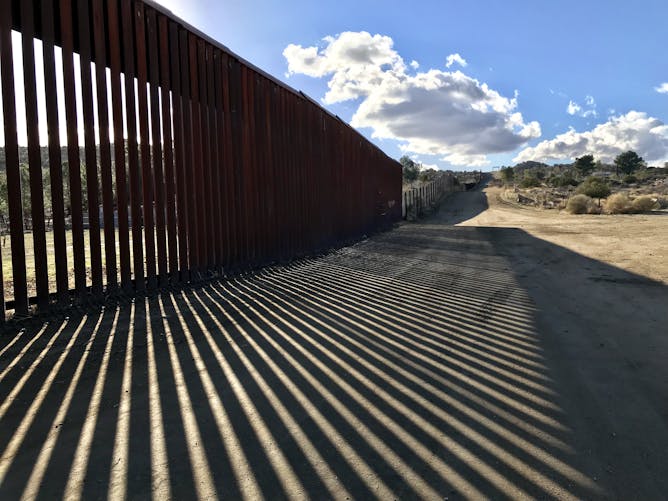
The U.S.-Mexico border, between San Diego and Calexico, California.
Savitri Arvey
Savitri Arvey, University of California San Diego; Steph Leutert, University of Texas at Austin
As part of a new 'metering' policy, US officials are turning asylum seekers away at ports of entry along the southern border. Thousands wait, straining the resources of Mexican border towns.
|
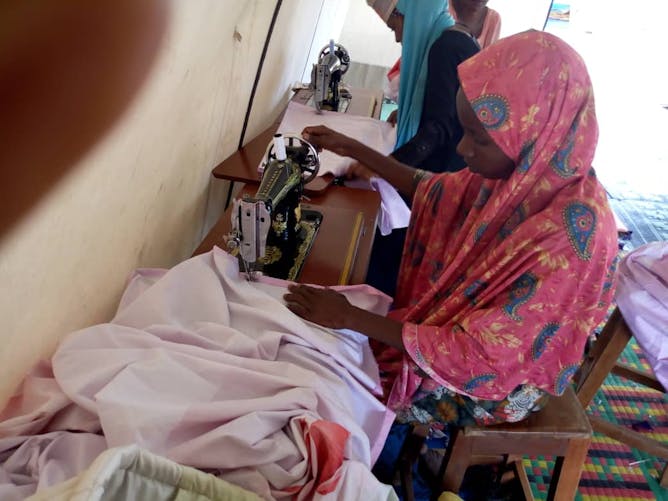
Refugees from the Boko Haram insurgency in Northeast Nigeria are rebuilding their lives one stitch at a time.
Author
Seun Kolade, De Montfort University
Displaced by the terrorist insurgency in Northeast Nigeria, refugees aren't wallowing in self-pity. They're mobilising whatever resources they can to rebuild livelihoods.
|
Health + Medicine
|
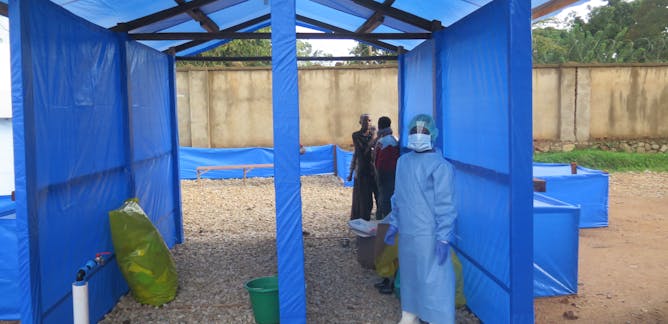
Janusz Paweska, National Institute for Communicable Diseases
Borders are porous between North Kivu province of the DRC and neighbouring countries, so the potential for spread is highly likely.
| |
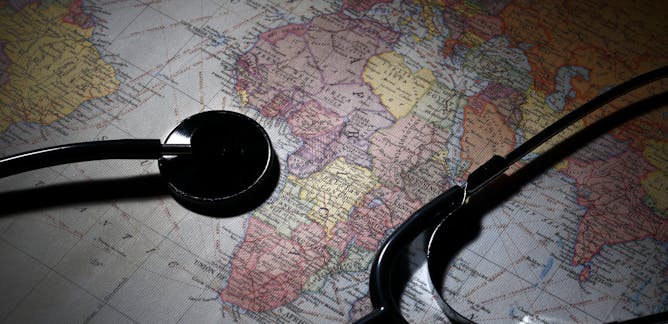
Andre Pascal Kengne, University of Cape Town; Elvis Banboye Kidzeru, University of Cape Town; Muki Shey, University of Cape Town
There's a lack of locally relevant knowledge to prevent and control non-communicable diseases in African countries.
|
|
|
Politics + Society
|

Samira Nasirzadeh, Lancaster University; Eyad Alrefai, Lancaster University
Recent speeches suggest there may be an appetite for closer relations, but it won't be easy. A Saudi and an Iranian explain.
| |

Julius T. Nganji, University of Toronto; Lynn Cockburn, University of Toronto
In many instances, social media appears to be amplifying violence, creating a culture of impunity when perpetrators are not held accountable, and increasing insecurity and suspicion.
|
|
|
En français
|
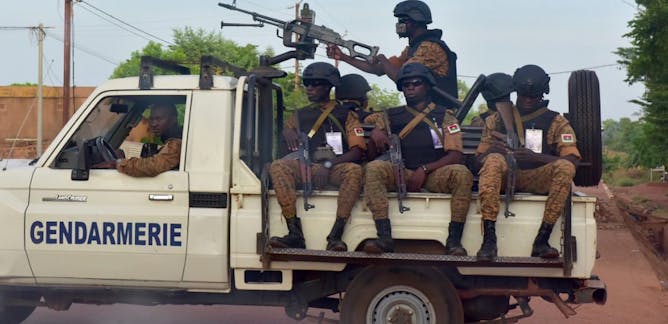
Ismaila Kane, University of Ottawa
La montée des attaques au Burkina Faso est en grande partie imputable à l’affaiblissement de l’État, lui-même provoqué par un contexte politique très instable depuis le début de la décennie.
| |
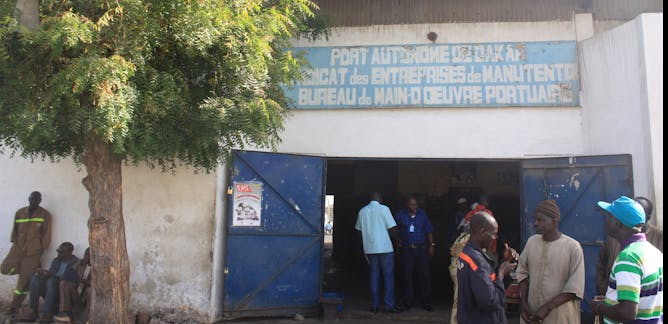
Daniel Castillo Hidalgo, Universidad De Las Palmas de Gran Canaria
L’émergence militaire du Sénégal et l’importance du port de Dakar engendrèrent de nombreuses opérations de manutention des marchandises. Les dockers ont joué un rôle central dans ce processus.
|
|
|